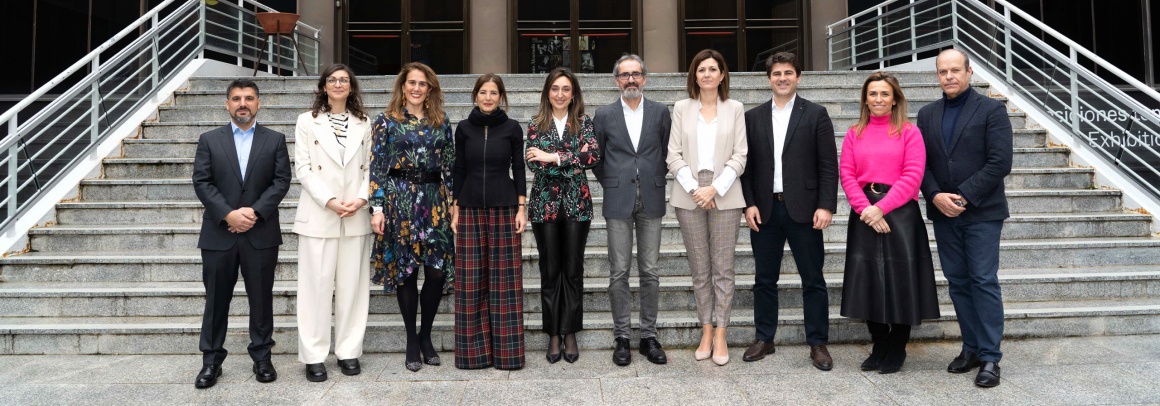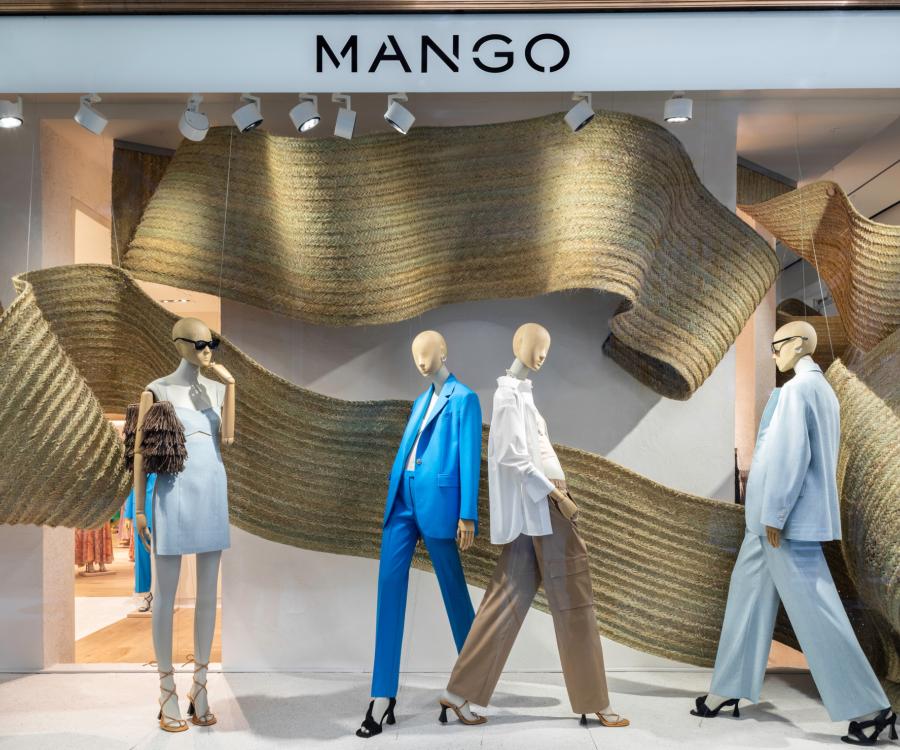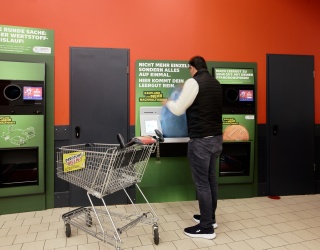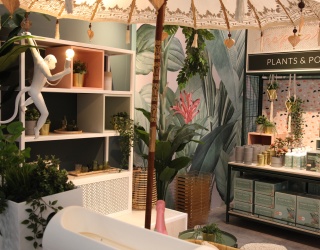Decathlon, H&M, IKEA, Inditex, Kiabi, Mango and Tendam have created the "Association for the Management of Textile Waste", with the aim of managing textile and footwear waste generated in the Spanish market through a "Collective System of Extended Producer Responsibility" (SCRAP).

With the constitution of this association, made official yesterday at the Museo del Traje, a state museum dependent on the Ministry of Culture and Sport, the associated companies want to give a collective impulse to textile recycling in Spain, advancing towards a circular model through the correct management of the sector's waste.
The "Association for the Management of Textile Waste" will enable compliance with the extended producer responsibility, arising from the process of transposition of Directive 2008/98/EC on waste into Spanish law through the new Law 7/2022, of 8 April, on waste and contaminated soils for a circular economy.
The law establishes the separate collection of textile waste by local authorities by 31. December 2024. Within three years of the entry into force of the new law, the Ministry for Ecological Transition and the Demographic Challenge (MITECO) will develop extended producer responsibility schemes for textiles, i.e. the regulations to make the separate management of the textile waste stream from the rest of municipal waste mandatory.
The non-profit association has been formally constituted in the National Register of Associations. The associates of the entity are Decathlon, H&M, IKEA, Inditex, Kiabi, Mango and Tendam, companies that have agreed to the creation of the association and are working on the SCRAP operational, financial and data model for the management of textile and footwear waste in the Spanish market.
The presidency of the association will be held by the associates on an annual rotating basis, starting with Mango. The governing board of the entity will include a representative from each of the companies.






